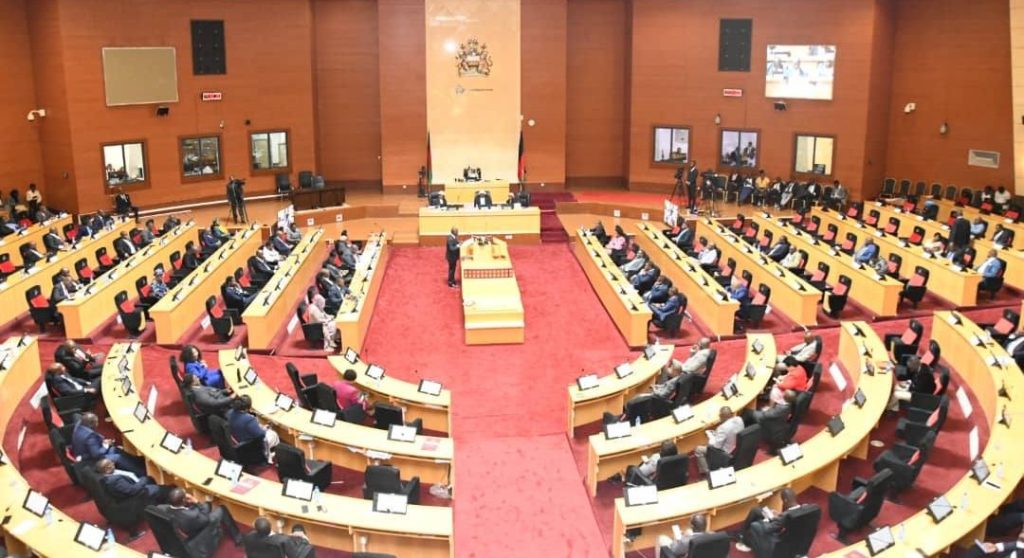Key Business Points
- The Malawi government’s K8.05 trillion National 2025/26 Budget is facing a reality check, with the Minister of Finance expected to present a Mid-Year Budget Review Statement that will likely reveal significant deviations from initial projections.
- The country’s economic growth rate has been revised downwards to 1.8 percent, while average inflation rate has been revised upwards to 28.9 percent, which will impact revenue generation and public debt levels, affecting mkandawire (businesses) and wafadili (entrepreneurs) in various sectors.
- The budget deficit is expected to increase, forcing the Treasury to increase borrowing, which may surpass the K2.3 trillion benchmark, and potentially affecting ufandichi (funding) for various sectors, including social services and boma (councils).
The Mid-Year Budget Review Statement is expected to provide a clear picture of the budget’s performance, which has been impacted by various factors, including the revised economic growth rate and inflation rate. The initial budget assumptions, which included a 3.4 percent economic growth rate and 24 percent average inflation rate, have not materialized, with the Reserve Bank of Malawi revising the growth rate downwards and the inflation rate upwards. This has resulted in a budget deficit of K1.2 trillion in the first five months of the fiscal year, which is half of the planned K2.47 trillion annual deficit.
Economists have warned that the revised growth rate and inflation rate will impact revenue generation, leading to high public debt levels and affecting budget implementation. The social sectors, including chikaya (health) and maphunziro (education), are expected to be the most affected, with funding to various sectors, including councils, likely to be reduced. The reduction in donor aid is also expected to lead to an increase in the fiscal deficit, which may result in kugona (drug shortages), delayed teachers’ salaries, and reduced ufandichi (funding) for key projects.
The economists have also highlighted the need for realistic budget projections, avoiding politics in the budget process, and ensuring that the budget is aligned with the country’s economic realities. The exchange rate policy has also been identified as a critical factor, with the stability in the official exchange rate contrasting with the dynamics observed in the informal market. The government’s dependence on external financing has also been highlighted, with foreign grants expected to contribute K1.14 trillion to the budget.
The budget review is expected to provide an opportunity for the government to reassess its priorities and make adjustments to ensure that the budget is aligned with the country’s economic realities. The private sector, including biashara (businesses) and wafadili (entrepreneurs), will be closely watching the budget review, as it will have implications for their operations and investments. The government’s ability to manage the budget and ensure that it is aligned with the country’s economic realities will be critical in maintaining uchumi (economic) stability and promoting maendeleo (development) in Malawi.
What are your thoughts on this business development? Share your insights and remember to follow us on Facebook and Twitter for the latest Malawi business news and opportunities. Visit us daily for comprehensive coverage of Malawi’s business landscape.
- Malawi Entrepreneurs: Scale Your SME, Strengthen the Economy - February 10, 2026
- Chichiri Mall’s Retail Shift: Icon Secures Opportunity for Malawi’s Business Growth Post Shoprite - February 10, 2026
- Icon Properties: Shoprite Departure Spurs Opportunity in Malawi’s Evolving Market - February 10, 2026

